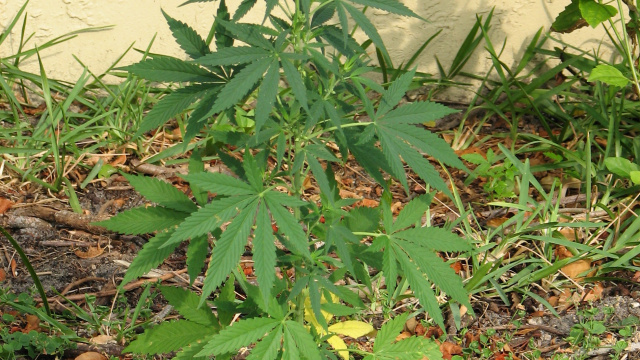 Melissa Thomas is a 38-year-old interior designer for a local paint company. She has a 5-year-old son, and she is engaged to be married. She shows up to work on time, and belongs to a book club and mothers groups. She pays her bills and is closing on the purchase of a house in South Portland next month. And like an increasing number of Americans, she likes to smoke marijuana – not for its medical benefits but because she enjoys it.
Melissa Thomas is a 38-year-old interior designer for a local paint company. She has a 5-year-old son, and she is engaged to be married. She shows up to work on time, and belongs to a book club and mothers groups. She pays her bills and is closing on the purchase of a house in South Portland next month. And like an increasing number of Americans, she likes to smoke marijuana – not for its medical benefits but because she enjoys it.
“Alcohol makes me sleepy,” said Thomas, a well-dressed, well-spoken woman with long curly hair and an engaging smile. “Marijuana does the opposite – it tends to kick-start me, especially creatively.”
Thomas believes she uses marijuana responsibly, limiting her use to the occasional weeknight or weekend. She says she doesn’t drive after smoking and never uses marijuana around her son or before going to work. She firmly believes that children and teenagers, whose brains are still developing, should never use the drug.
But, she says, marijuana use by a responsible adult should be legal. And she is far from alone. After decades of shifting attitudes, more Americans now support legalizing marijuana than oppose it, according to national surveys.
On Nov. 5, Portland voters will try to make it so, at least within city limits. Voters are widely expected to pass a citizen-led referendum and enact an ordinance to legalize recreational marijuana for adults over the age of 21.
However, the proposal would not allow people to use marijuana in public or operate a vehicle after smoking. Landlords could prohibit its use on their property. And there would still be no legal way for people to obtain marijuana – selling it will still be banned.
And, no matter what Portland voters say next month, marijuana use will still be illegal under federal law, which classifies pot as being in the same group as heroin.
Thomas said she decided to step forward publicly about her marijuana use – essentially admitting to illegal activity – to combat the fear and misconception about marijuana. She said her habit is known and accepted by her employer and her more conservative friends.
Even so, speaking publicly about her marijuana use carries some social risks.
“I don’t think anyone wants to be labeled for the vices they have,” Thomas said, adding that for some the vice might be gambling or drinking or sex. “That’s the most difficult thing about coming out.”
She is also stepping forward because of her son. “I don’t want my son growing up and thinking I’m a criminal,” she said.
Snipped
Complete Article: http://drugsense.org/url/FscAVyOg
Source: Portland Press Herald (ME)
Author: Randy Billings, Staff Writer
Published: October 13, 2013
Copyright: 2013 Blethen Maine Newspapers Inc.
Contact: [email protected]



Leave a Reply